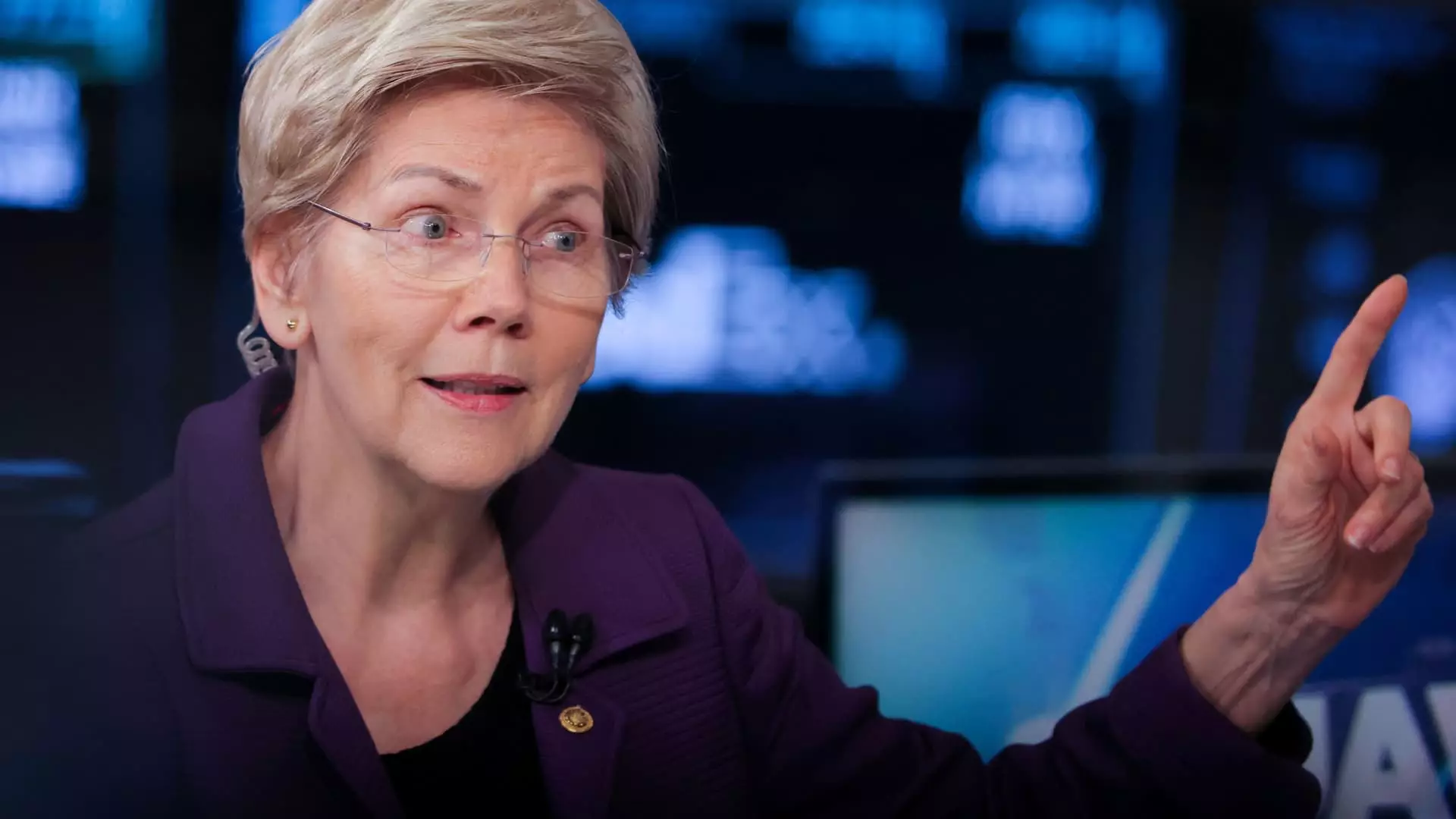Senator Elizabeth Warren has called out Federal Reserve Chair Jerome Powell for allegedly advocating for changes to regulations that would benefit the financial industry. Warren has accused Powell of doing the bidding of big bank CEOs by considering slashing the increase in capital required under the Basel III Endgame proposals.
Last year, three U.S. banking regulators, including the Federal Reserve, unveiled proposed rules aimed at boosting the capital cushion that large American banks would be required to hold. These regulations, created in response to the 2008 global financial crisis, are aimed at preventing future economic downturns. Warren emphasized the importance of these rules in light of recent bank failures and economic threats.
Despite the intentions behind the proposed rules, bank CEOs and their lobbying groups have pushed back against the increases in capital, citing concerns about the impact on lending. It has been reported that JPMorgan Chase CEO Jamie Dimon has actively lobbied to weaken the rules, urging other CEOs to appeal directly to Powell. Warren criticized Powell for seemingly bowing to industry pressure and putting the financial security of middle-class families at risk.
In a letter to Powell, Warren urged the Federal Reserve Chair to allow a vote on the original, tougher Basel proposal by the end of the month. With the upcoming U.S. elections in November, the window to finalize and approve the rules is closing. Warren warned that a potential delay or dismissal of the proposal could occur if Donald Trump is re-elected president. She called on Powell to prioritize the interests of the American people over the demands of the banking industry.
Senator Elizabeth Warren’s criticisms of Federal Reserve Chair Jerome Powell shed light on the complex relationship between regulators and the financial industry. The debate over bank capital requirements reflects the ongoing tension between ensuring financial stability and promoting economic growth. Warren’s advocacy for stronger regulations serves as a reminder of the lasting impact of the 2008 financial crisis and the importance of preventing future crises through prudent oversight and regulation.

